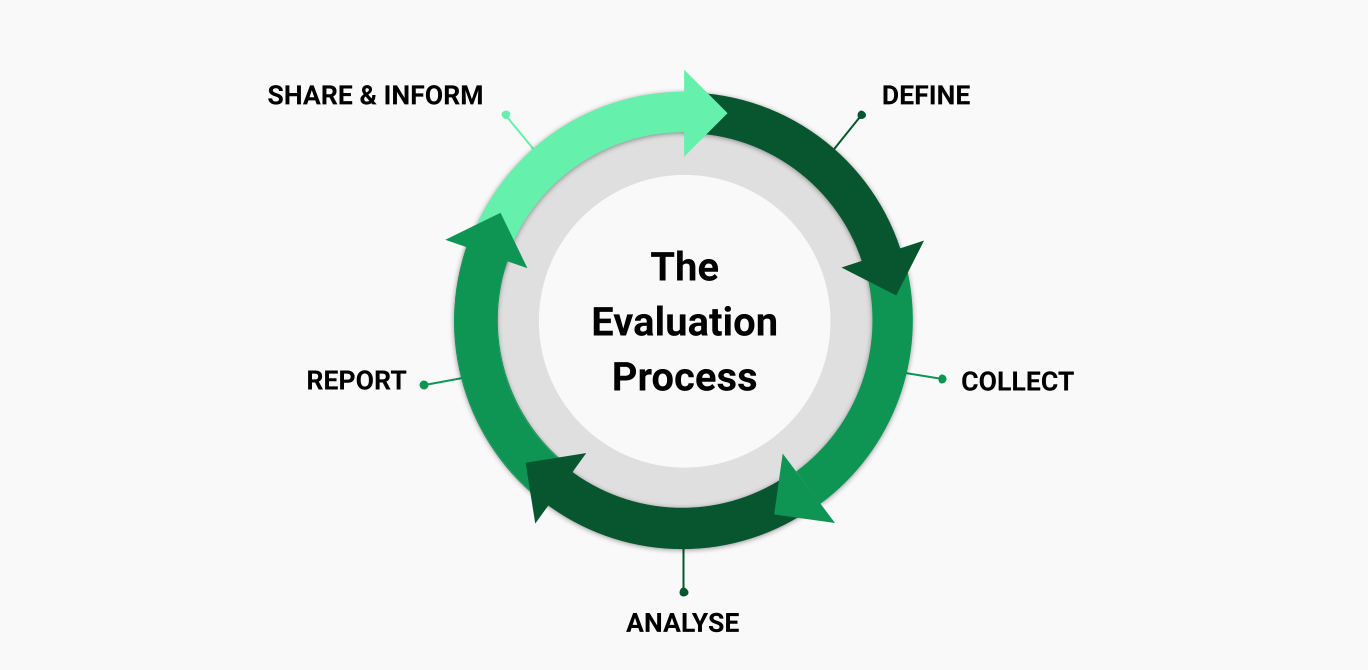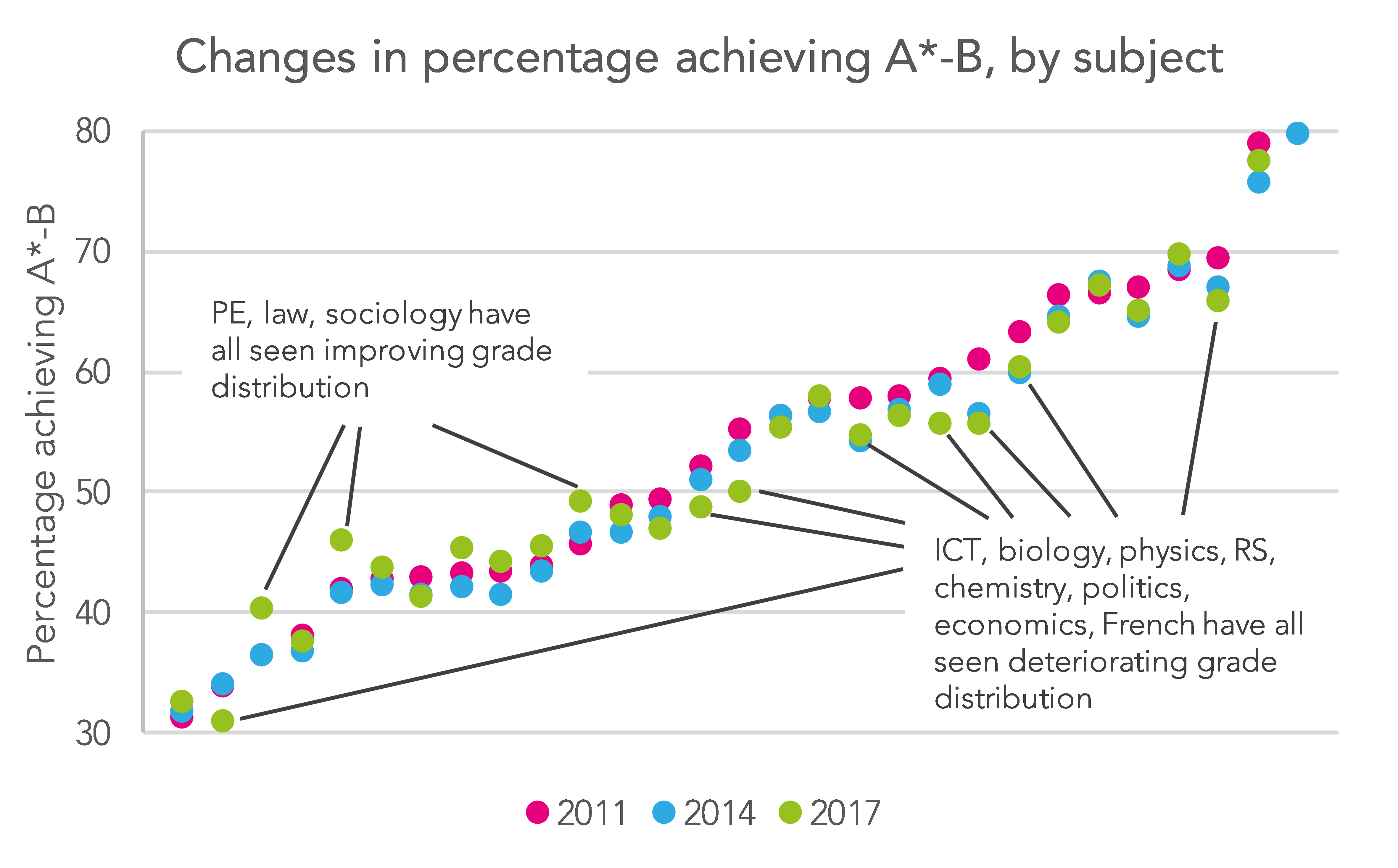When something is needed, it will be evaluated of value, evaluate — the process of assessing or measuring the worth or significance of something; a process used in many professions. We are told how we did, if it worked, and what we needed to do to improve. Through the systematic analysis of data and information, evaluation enables us to make evidence-informed decisions that enhance outcomes.
Types of Evaluation
Formative Evaluation:
Frequent monitoring of progress with feedback given in a timely manner.
Helps to find out areas where you are good at as well as the average and lesser.
Aids in modifying instruction and learning techniques
Summative Evaluation:
Summative assessment — An assessment to determine the overall level of achievement, or outcome.
To determine student learning, program success/failure, or project success f/ailure.
Usually takes place during final exams, standardized tests or after major project presentations.
Self-Evaluation:
An introspective process that takes place under self-assessment.
Helps develop self-awareness and guidance for change
May also be applied in identifying strengths or weaknesses as well as areas for development.
Peer Evaluation:
A peer-reviewing process where people evaluate the work of others
Shares positive tips and encourages a learning-zone mindset.
Helps enhance critical thinking and communication skills.
The Evaluation Process
Planning:
Set the goals and purpose of your evaluation
Formulation of precise assessment questions.
Choose the right tools and techniques.
Data Collection:
Collect data — by surveys, interviews, observation or document analysis.
Data Analysis:
Once you have gathered the data, organize and analyze it to find patterns and trends.
Perform statistical analysis or qualitative analysis methods as appropriate.
Interpretation:
Contextualize the results with respect to the goals of the evaluation
Conclusions and Recommendations
Reporting:
Present the findings to stakeholders in a clear and concise manner.
Utilize formats that make sense (e.g., written reports, presentations, infographics)
The Importance of Evaluation
Enhancement: Evaluation helps in identifying areas of improvement and assists in decision-making.
Accountability — It holds programs and initiatives accountable to their goals.



